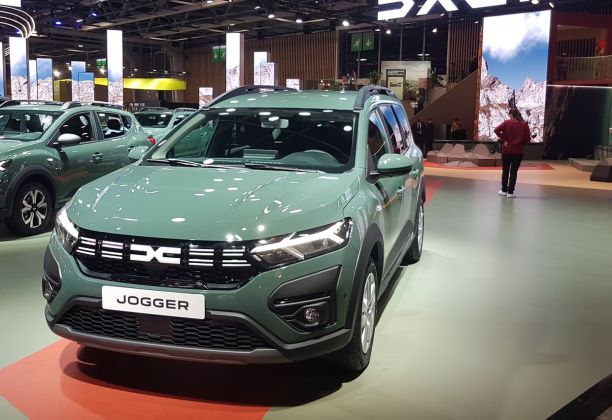
Consumption of less than 2 l/100 km: this is what most plug-in hybrid cars announce, even very powerful ones. But the reality is often very different, which should lead the European Commission to propose a new, more severe certification cycle.
Have plug-in hybrid cars finished eating their white bread? If this technology is still far from being pilloried like diesel, it is clear that it is less and less unanimous. In recent months, several studies have denounced consumption figures much higher in reality than in the manufacturers’ brochures. Nothing surprising in the end, since our tests have frequently highlighted the shortcomings of this type of engine: its sobriety is proven only if the user regularly plugs in his vehicle and favors short-distance routes in electric mode. Once the battery is empty, the overweight it generates can quickly lead to a fairly high appetite. But today, according to Reuters, it is the European Commission which would like to set up a new, more severe approval cycle, in order to respond to all these criticisms.
Consumption under surveillance


Since the start of 2021, Europe has in fact had the possibility of monitor actual consumption of all vehicles sold new on its market. It thus has access to much more precise data than in the past. Its objective would be above all to review the “utility factor” (utility factor in English), which tries to adapt the homologation cycle of a hybrid model to the way it will actually be used: sometimes full battery, sometimes empty battery and sometimes in between. Today, provided they have about fifty kilometers of electric range on test benches, rechargeable hybrids (PHEV) are supposed to very rarely start their heat engine. It has in fact been estimated that the vast majority of daily journeys were less than this distance.
Figures disconnected from reality


This allows, for example, a BMW X5 xDrive45e to announce a weighted consumption on the WLTP cycle of between 1.2 and 1.7 l/100 km, despite its 394 hp and its weight of more than 2.4 t. But during our test of this large Bavarian SUV, only 80 km had been covered in electric on a 163 km route, resulting in an average of 7 l/100 km. A scenario not necessarily so rare for a vehicle whose first vocation is not really urban. The fact that the plug-in hybrid has often replaced diesel in fleets company (due to the TVS exemption) does not help matters, many users do not necessarily have the reflex to systematically plug in their car, or even do not have a suitable socket at home!
Hardening planned for 2025

This potential change in the “utility factor” will not happen overnight, however. It would be expected at best for 2025, according to sources contacted by Reuters. Until then, the European Union will continue to collect and analyze data to try to refine these changes as much as possible. Discussions with car manufacturers will also be necessary, and they look rather tense. Today, many of them rely on plug-in hybrids to meet CO2 emissions targets.2 imposed on them by Europe. A less favorable certification cycle for this technology would reshuffle the cards, forcing the sale of even more electric vehicles… without being certain that customers will follow suit. With the threat of receiving dissuasive fines if they fail to achieve the objectives that will be set for them. Aware of the explosive nature of this file, the manufacturers do not, however, remain all idly by. Peugeot, Citroën and DS have just launched a visual alert encouraging owners of their plug-in hybrid models to plug in their vehicle more regularly. The second step will be to curb vehicle performance if the battery is not topped up. Renault, like Stellantis, is thinking about it.
TO READ. Peugeot, Citroën, DS: a reminder to recharge your hybrid
















